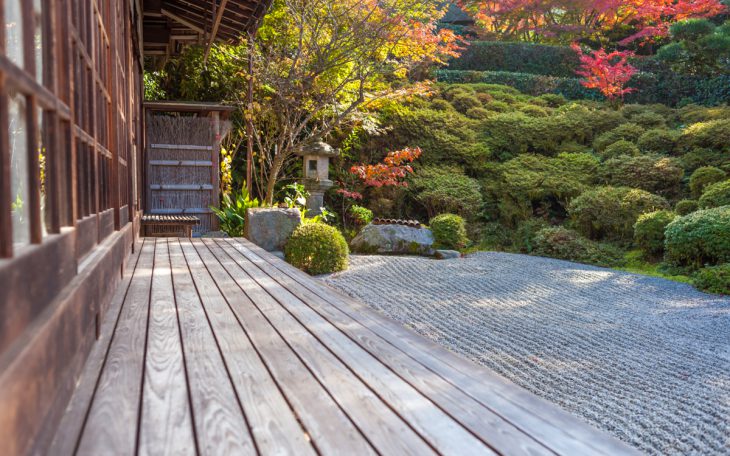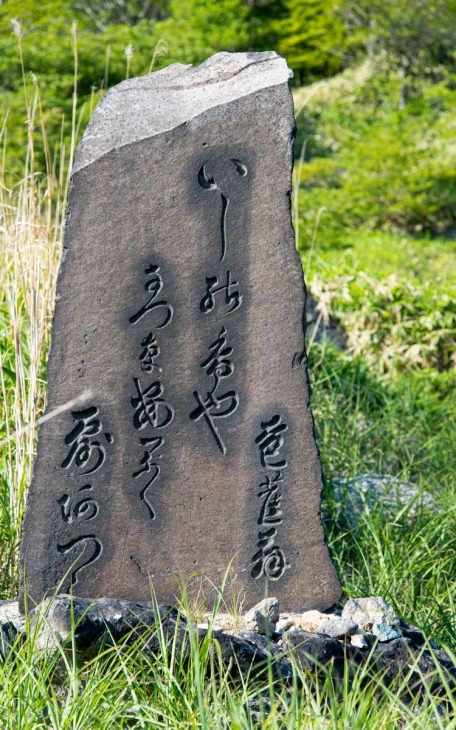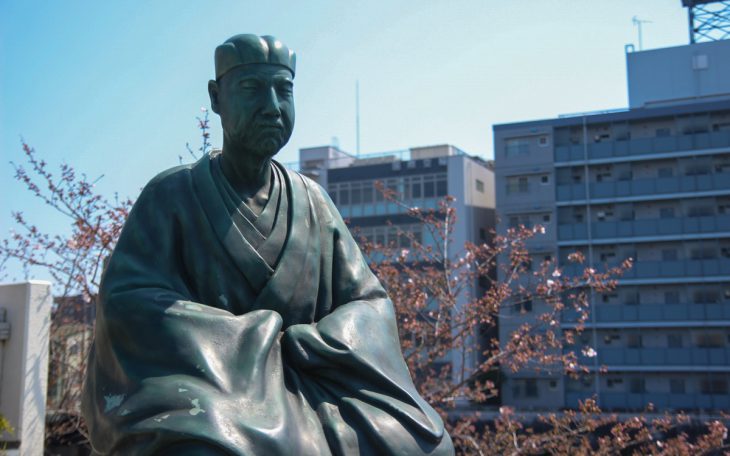Haiku: The Art of the 17-Syllable Poem

Have you ever heard of haiku? The art of the haiku has grown in popularity worldwide in recent years, so many of you may already be familiar with this style of poetry. Haiku are very short poems comprising a total of 17 Japanese syllables organized into three lines of 5, 7, and 5 syllables each. Haiku has a deeply rooted history, but in recent years a new style of haiku has emerged: the English-language haiku. So today we’d like to talk about the beauty of haiku, both new and old.
Contents
What does 5-7-5 refer to?
First of all, there are two main rules for composing a poem in the haiku style. The first rule is that the poem must be structured in three sets of 5, 7, and 5 syllables. The second rule is that it must include a seasonal word (known in Japanese as季語, or kigo). The first rule is easy to understand in Japanese as this roughly corresponds to 5 letters, 7 letters, and 5 letters. But the purpose of this rule is actually to preserve the rhythm of the poem, so when composing in English a good rule of thumb is to aim for a 2-3-2 syllable format in order to maintain the rhythmic structure.
What are kigo?

Kigo are seasonal words, or words or phrases associated with a particular season. The seasons themselves are very important in describing scenery in Japan and as such are considered an essential component of a haiku. For example, the word sakura, or cherry blossom, symbolizes the spring, more specifically late spring. Although this is generally a set rule, the purpose is essentially to depict the season or scenery, so it would be perfectly fine to use whatever words best describe the scenery you have in mind.
The above rules may seem quite strict, but they are certainly not the be-all-and end-all of haiku. The most important thing to remember when composing haiku is to follow these rules as much as you can while at the same time enjoying expressing yourself freely through this form of poetry.
Haiku: Loved for its brevity?

Japanese haiku are composed of 17 syllables, which is extremely short for a fixed verse poem. It is precisely because they are so brief in nature that they are easy both to write and to remember. This is a large part of the haiku’s allure. But if on the other hand we are particular about the length of the haiku, its short length actually makes it very difficult to compose. There are haiku about different sights, sceneries, feelings and a variety of other themes which are actually extremely difficult to express clearly in just 17 syllables. This is actually why the seasonal words (kigo) mentioned above play an important role. Simply by using kigo you can create a brief yet detailed depiction of the poem’s scenery and season. This ability to express complex, nuanced emotions and scenery within the confines of so few words is both what makes haiku so profound and alluring and yet so difficult at the same time.
Japanese haiku are composed of 17 syllables, which is extremely short for a fixed verse poem. It is precisely because they are so brief in nature that they are easy both to write and to remember. This is a large part of the haiku’s allure. But if on the other hand we are particular about the length of the haiku, its short length actually makes it very difficult to compose. There are haiku about different sights, sceneries, feelings and a variety of other themes which are actually extremely difficult to express clearly in just 17 syllables. This is actually why the seasonal words (kigo) mentioned above play an important role. Simply by using kigo you can create a brief yet detailed depiction of the poem’s scenery and season. This ability to express complex, nuanced emotions and scenery within the confines of so few words is both what makes haiku so profound and alluring and yet so difficult at the same time.

And last but not least we would like to share a poem by Matsuo Basho, perhaps one of the most famous haiku in all of Japan.
古池や蛙飛こむ水のおと (松尾芭蕉)
Furuike-ya / Kawazu-tobikomu / Mizu-no-oto
The old pond / A frog jumps in / Sound of water
(Matsuo Basho)
The poem is quite difficult to translate and this is only one of many possible renditions, but if you’re interested you’ll surely find many other English translations out there as well.
